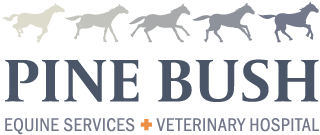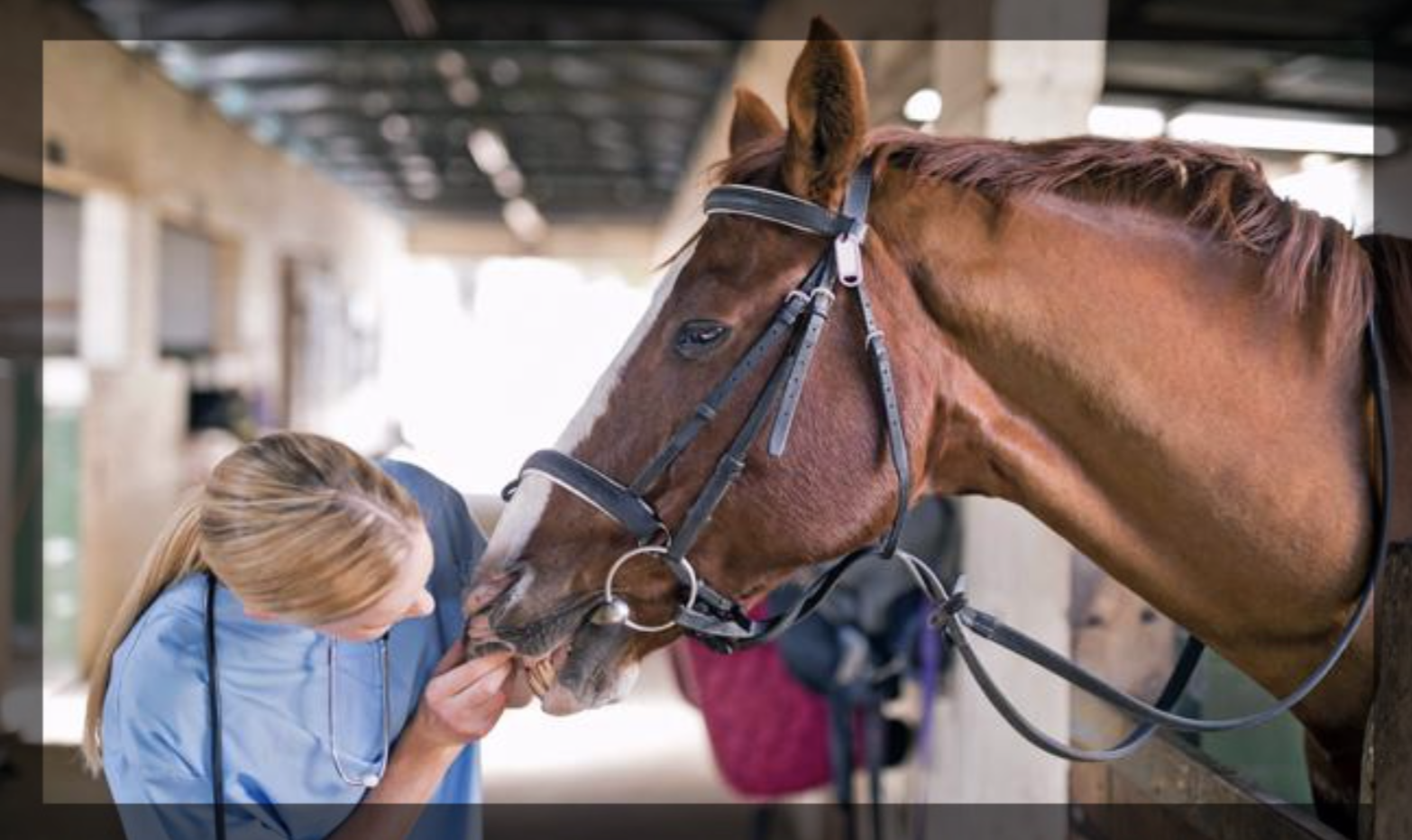Equine Dental Examinations vs.Teeth Floating
I am sure you have all heard various recommendations about teeth floating. Everything from “I never float my horses teeth” to “it needs to be done for optimum performance and health” to “every 6 months for horses less than 5 years of age and over 17.” So what is it? Never? Every 6 months? Let’s discuss.
We know that we have changed the lives and diets of horses dramatically. They no longer eat scrub grass from the rocky ground. Natural selection does not determine breeding and we often select for characteristics with no regard for effect on dentition. But the one thing that is still the same is the teeth of the horse still have an incredibly long root that allows the tooth to continue to erupt throughout the horse’s life. Because tooth biology has not changed but we have removed some of the normal conditions of the horse, the result is that abnormalities occur. The trouble with blanket recommendations is that they do not take into account each individual horse.
It is our recommendation as well as the recommendation of the American Association of Equine Practitioners (a group whose commitment is to improve the health and welfare of the horse) that horses receive routine dental care. The role of routine dental care is to improve chewing, relieve pain, to treat and cure infection and to promote the general health, productivity and longevity of the horse. It is important to remember that dentistry includes not only the teeth and mouth but the sinuses, bones of the jaw and the temporomandibular joint.
So what is routine dental care? Specifically, it is examination of the structures we mentioned at intervals based on the biology of the horse. If abnormalities are found especially if they result in clinical signs, then they should be addressed. Recommendations for routine dental examination include examination at foaling, 3m, and every 6 months until a full complement of permanent teeth are present at around 5 years. Yearly examinations after this until horses are 20 years old,then they should be examined twice yearly again. Importantly examination is indicated any time if there are other indications for dental examination including changes in attitude, changes in appetite, changes in the ability to chew, an increase in the time it takes to eat, a change in manure consistency, odor from the mouth or nostrils, nasal discharge, facial swelling or postural abnormalities including head tilt or head shaking.
You will note that these recommendations do not include floating the horses’ teeth at these intervals. At the time of examination, it may be noted that there are abnormalities that in conjunction with clinical signs warrant floating the horse’s teeth or even other diagnostics or treatment.
We advise that you have routine examinations of your horse’s teeth. But before you have anyone do any procedure, ask them to show you the problem and explain why it needs to be addressed. Keep in mind what kind of condition your horse is in. Do they look fantastic and are performing at their best? Then you may question what is really needed. Choose the person working on your horse’s teeth carefully. Always ask what their qualifications are and if they have liability insurance.
Understand that veterinarians are trained in equine medicine, surgery and dentistry. They are licensed to practice on your entire horse and are equipped with proper equipment for diagnosis and treatment. They are not only licensed but insured. Finally, they are prepared to refer your horse if indicated.
The take-away:
Oral exams are a good idea.
Floating your horse’s teeth now and again is not a bad idea.
Be wary of recommendations that routine floating is NEEDED.
For more information:
A list of board certified veterinary dentists
Information on Equine Dentistry programs that are approved by the American Veterinary Medical Association

